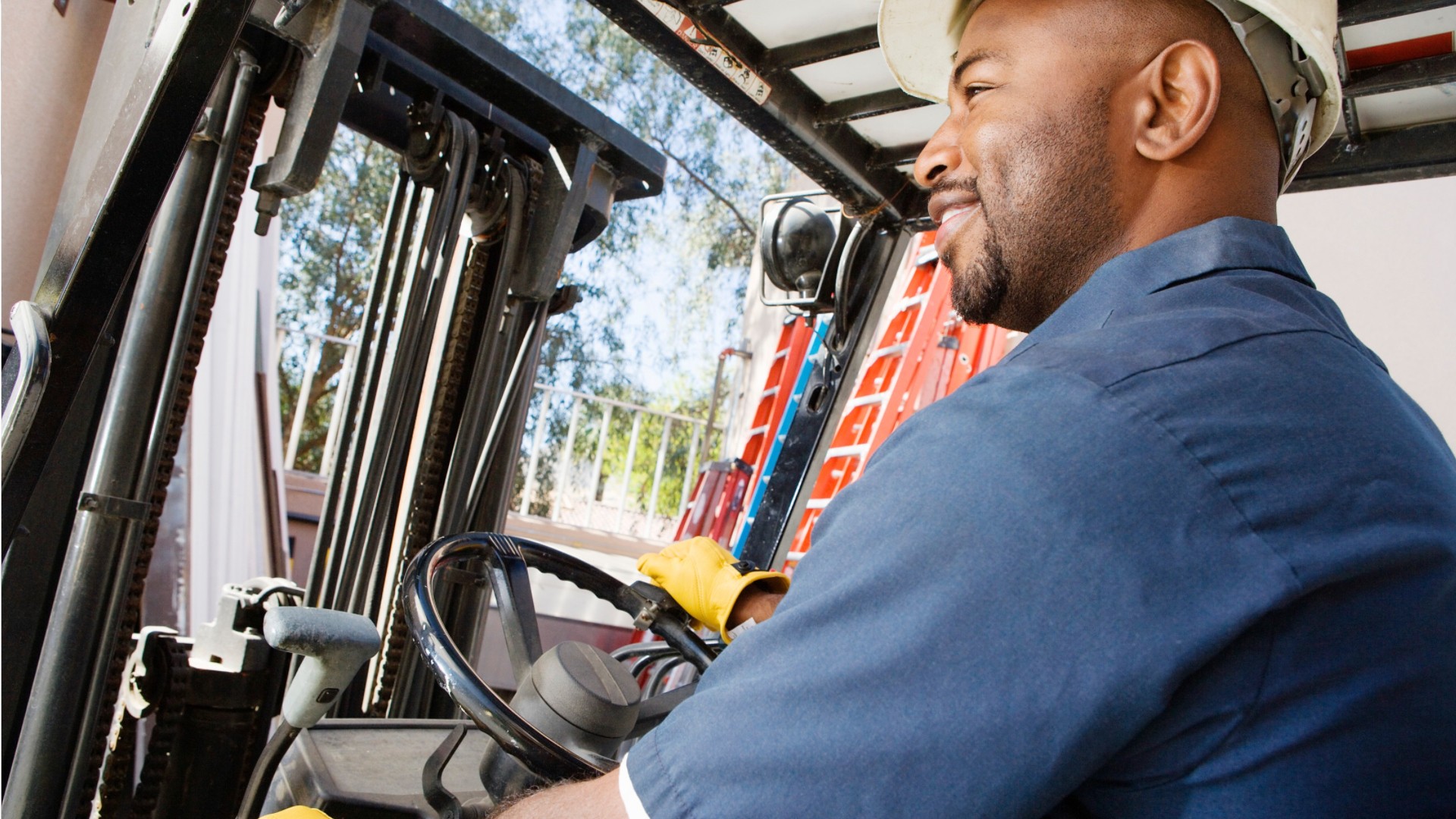Conveyor Operators & Tenders
Chipper Operator, Flumer, Packaging Line Operator, Process Operator
 Select a military branch to see samples.
No similar titles were found.
Select a military branch to see samples.
No similar titles were found.
Unit Supply Specialist
No similar titles were found.
Distribution Specialist; Inventory Management Specialist
Equipment Operator
No similar titles were found.
What they do:
Control or tend conveyors or conveyor systems that move materials or products to and from stockpiles, processing stations, departments, or vehicles. May control speed and routing of materials or products.
On the job, you would:
- Inform supervisors of equipment malfunctions that need to be addressed.
- Observe conveyor operations and monitor lights, dials, and gauges to maintain specified operating levels and to detect equipment malfunctions.
- Record production data such as weights, types, quantities, and storage locations of materials, as well as equipment performance problems and downtime.
Knowledge
Arts and Humanities
- English language
Engineering and Technology
- mechanical
Safety and Government
- public safety and security
Manufactured or Agricultural Goods
- manufacture and distribution of products
Skills
Basic Skills
- keeping track of how well people and/or groups are doing in order to make improvements
- listening to others, not interrupting, and asking good questions
Problem Solving
- noticing a problem and figuring out the best way to solve it
Abilities
Verbal
- listen and understand what people say
- communicate by speaking
Controlled Movement
- quickly change the controls of a machine, car, truck or boat
- use your arms and/or legs together while sitting, standing, or lying down
Attention
- pay attention to something without being distracted
Hand and Finger Use
- hold or move items with your hands
Personality
People interested in this work like activities that include practical, hands-on problems and solutions.
They do well at jobs that need:
- Dependability
- Attention to Detail
- Cautiousness
- Stress Tolerance
- Integrity
- Cooperation
Technology
You might use software like this on the job:
Spreadsheet software
- Microsoft Excel
Industrial control software
- Control system software
- Sortation software
Enterprise resource planning ERP software
- SAP software
Education
Education: (rated 1 of 5)
no high school diploma/GED or
high school diploma/GED
usually needed
high school diploma/GED
usually needed
Get started on your career:
Apprenticeship.gov
Job Outlook
Below Average
New job opportunities are less likely in the future.
Explore More
- Extruding & Forming Machine Setters, Operators, & Tenders, Synthetic & Glass Fibers
- Hoist & Winch Operators
- Industrial Truck & Tractor Operators
- Machine Feeders & Offbearers
- Tank Car, Truck, & Ship Loaders
You might like a career in one of these industries:
See more details at O*NET OnLine about Conveyor Operators & Tenders.





